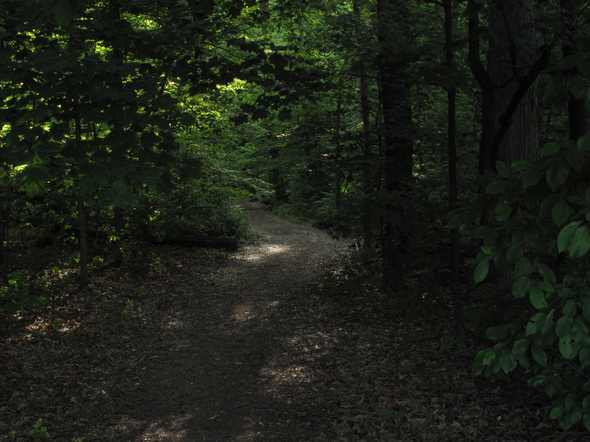Bullying requires a community solution

Dennis Sparks | Contributor
While bullying may be a perennial feature of childhood, its consequences can be profound and long lasting for both its victims and the bullies themselves, as recent local, state, and national news reports attest.
Many of us can recall our fear of bullies and the negative effects they often had on our desire to go to school, our ability to pay attention in class, and our participation in events where they were likely to be present.
The solution is both simple to understand and complex to implement.
Schools that desire to suppress bullying actively teach and model
caring, respect and civility among all students at all levels. Success requires
that caring and respect permeate the school and the community that
surrounds it.
Uncivil adults within and around schools who bully through their power, intimidating actions, and anger will not be credible teachers of civility, no matter how noble a school’s intentions. And schools that look the other way will be not be experienced as kind and caring by those within them.
Bullying cannot be suppressed if adults minimize its seriousness (“It’s just part of growing up”), point fingers and lay blame (“It’s the parents’ fault” or “The school is responsible”), or impose extreme and life-altering consequences (“What bullies need is a good dose of adult justice”).
The collective actions of the adults who are closest to young people—the residents of the neighborhoods through which students walk to and from school, parents, teachers, principals, bus drivers and custodians, among others—determine whether bullying is sustained or suppressed. That ultimately means that each of us is either part of the problem or part of the solution.
Dennis Sparks’ “Things Observed” essays and photos encourage readers to see familiar things in new ways. His latest book, Leadership 180: Daily Meditations on School Leadership was published in April by Solution Tree Press. He also writes a blog on school leadership.


Comments
Pamela LeBlanc
Sat, Jul 31, 2010 : 4:52 p.m.
Bullies don't stop until they are. Pam
scole
Sat, May 29, 2010 : 12:25 p.m.
The one I used to hear from teachers after I actually tried to get some kind of help was that "they just have are really bad home life, and have to lash out here, and punishing them won't help." So it just continued. And school was a terrible experience until high school, when everybody sort of outgrew it, and I was allowed to take part in social activities. And the ones who "lashed out" seem to have continued their destructive behaviors, and don't have much to show for themselves, and certainly aren't the productive people that everyone assumed they'd magically become.
Lokalisierung
Fri, May 28, 2010 : 11:26 a.m.
"point fingers and lay blame (Its the parents fault or" Agree with that, but the easy way out of saying that runs rampant round these parts.